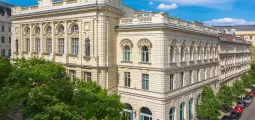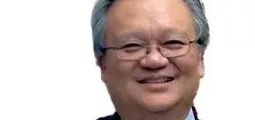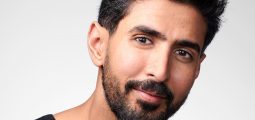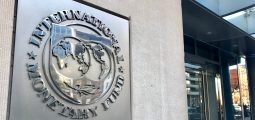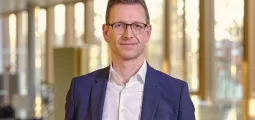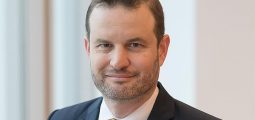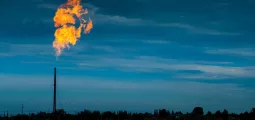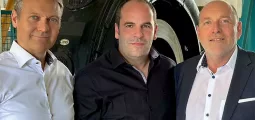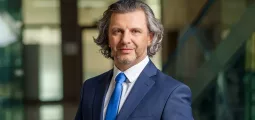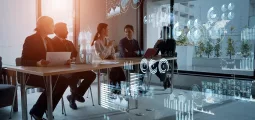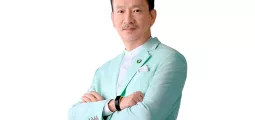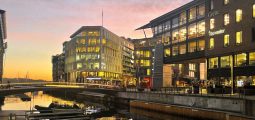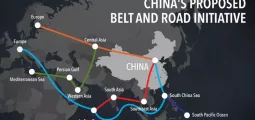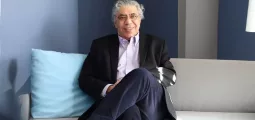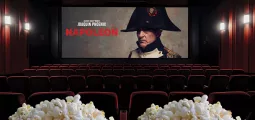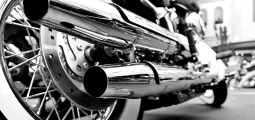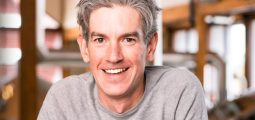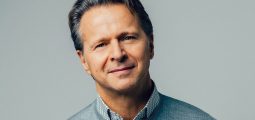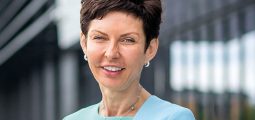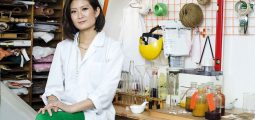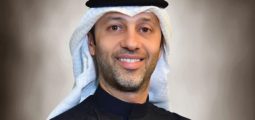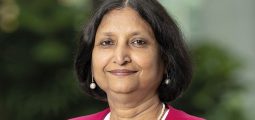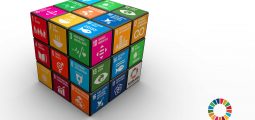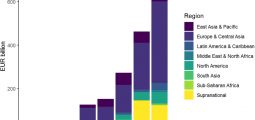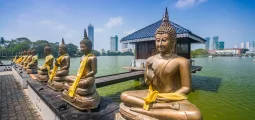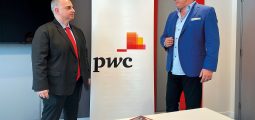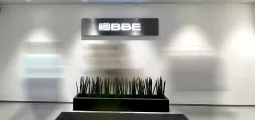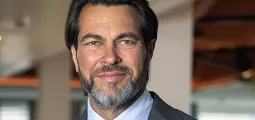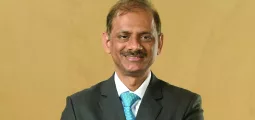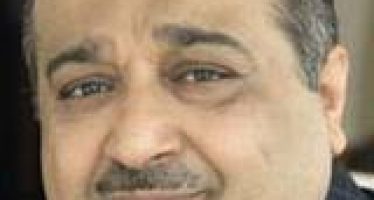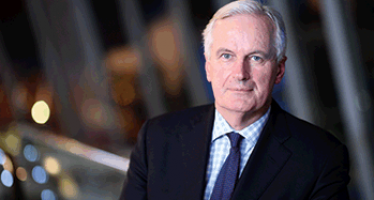Ai Weiwei: Free Expression in Art and Politics
 Curiosity may have killed the cat, but that doesn’t deter Ai Weiwei from asking questions, ruffling feathers and expressing opinions through his peerless art. Apparently, this makes Mr Weiwei a most dangerous man.
Curiosity may have killed the cat, but that doesn’t deter Ai Weiwei from asking questions, ruffling feathers and expressing opinions through his peerless art. Apparently, this makes Mr Weiwei a most dangerous man.
Chinese authorities seem to consider Mr Weiwei an enemy of the state. They leave no stone unturned in their pursuit of a peccadillo with which to silence the artist. In 2011, a charge of tax evasion failed to stick but did land Mr Weiwei in jail for close to three months. He may still not leave the country because of vague official suspicions. Beijing police obligingly informed that Mr Weiwei may be involved with pornography, bigamy and unlawful foreign exchange dealings. However, no charges have been filed.
The curtailment of his mobility has forced the artist to find other ways of keeping in touch with the wider world. Technology came to the rescue. The Internet has enabled Mr Weiwei to link up with museums, art galleries and patrons who clamour for his work. From his Beijing studio, employees are regularly dispatched to the four corners of the globe to install the works Mr Weiwei has designed.
Back home, the artist is being kept under constant watch. His studio, also his home, is surrounded by a small forest of surveillance cameras. Irreverent and not devoid of courage, Mr Weiwei has installed his own impressive network of cameras to snoop on the snoopers.
Inside the building, a group of computer-savvy youngsters help the artist transform analogue thought into digits merging art and politics.
Hope for a future free of constraints remains high. “Today’s technology and its ease of access offer people new ideas that bring light to the darkness. We cannot stay dark forever. It’s not possible.”
Mr Weiwei doesn’t necessarily blame the Chinese authorities for their reluctance to embrace change. Power is conservative by its very nature and perceives change as threatening.
That’s also how the Internet came to play such an important role in Mr Weiwei’s life: “I wish to help people connect through free expression. No matter how unknown or fragile you are, you still need expression. It’s a sign of life and a very powerful one too.”
You may have an interest in also reading…
Mohamed Al Jaber: The Arabs and Technology
Mohamed Al Jaber, born in Jeddah in 1959, is a UNESCO special envoy who likes constructive dialogue and so do
Michel Barnier: Keep Calm and Carry On
He has the patience of a saint – and then some. Former French minister of Foreign Affairs Michel Barnier has
World Bank: International Food Prices Hit Four-Year Low
New World Bank Group tool focuses on preparedness for potential future crises. International prices of food decreased by 6 percent


